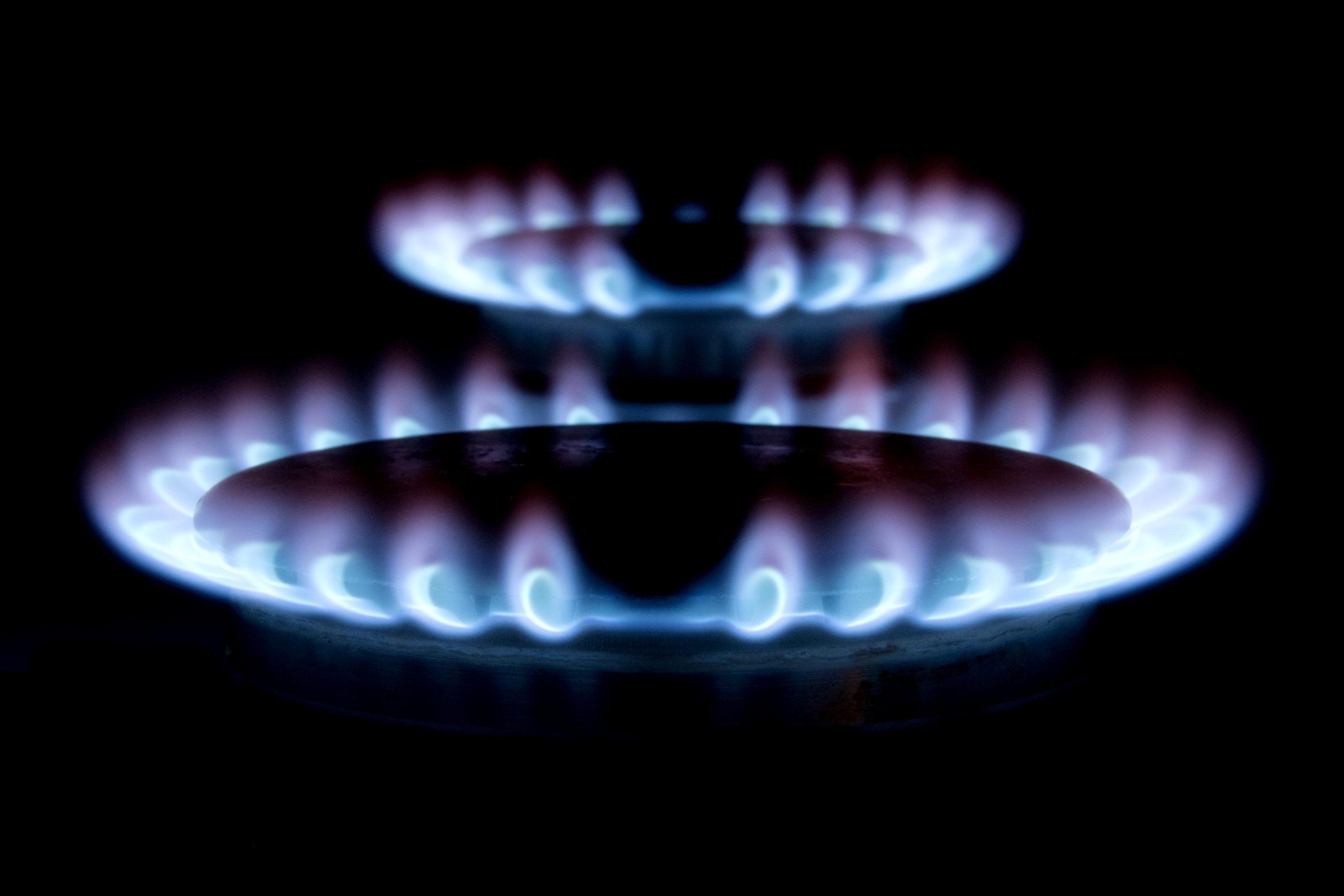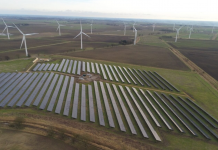The ‘temporary’ energy price crisis of suspected No.10 party-attender and beleaguered premier Johnson has ground on into its fourth month, with an appeal from environmentally minded Tories for the otherwise invisible chancellor Sunak to step in.
Analysts Cornwall Insight predicted last week that April will see a 46% rise in Ofgem’s ‘price cap’, in effect now the floor price for UK retail tariffs.
Writing in online newssheet Conservative Home yesterday, Sam Hall, director of the Conservative Environment Network, rebuffed claims from his party’s vocal back-benchers that cost-bearing Net Zero measures should be binned, in the face of rising wholesale prices set to send more retailers to the wall.
Glasgow-based ‘social energy’ supplier Together, also trading as Eddington, faced suspension today from the Balancing Settlements Code, having breached its credit limits on 4 January. As in shown in recent cases, BSC suspension is a near-certain precursor of commercial liquidation.
In the Conservative forum, the CEN’s Hall argues that “the Treasury should consider providing some short-term relief” including “measures such as funding some of the legacy environmental and social levies on bills out of general taxation on a temporary basis”.
“Funding some of the levies from the Exchequer would be expensive”, Hall admits, but would also support Net Zero by making lower-carbon electricity cheaper relative to higher-carbon gas, which the government has already committed to doing in the Heat and Buildings Strategy”.
Long-term funding could come from a carbon tax on gas, once prices stabilise, Hall went on.
In the short-term, this would offer a de facto tax cut to the many businesses and middle-income households who will struggle with rising energy bills, as well as the fuel poor.
“While none of these proposals would be sufficient to halt the rise entirely, this is a key opportunity for the Chancellor to burnish his tax-cutting credentials and alleviate some of the cost of living pressures this spring”, Hall wrote.
Britain’s dependence on gas in its energy system is a consequence of its slowness in investing adequately in renewables and electrification, Hall asserted.
Low-profile chancellor Rishi Sunak has yet to make a detailed public pronouncements on the energy crisis. He has left negotiations to Treasury and D-BEIS officials, who have twice discussed with industry leaders prospects for a multi-billion pound pool of government-backed loans, enabling suppliers to offset wholesale price hikes over years, not weeks.
Labour has called for a windfall tax on oil and gas majors, who have seen dramatically increased rises in North Sea revenues.
Shadow energy secretary Ed Milliband argued this week such a tax would raise funds to retrofit insulation into 19 million homes, saving up to £400 per year in fuel bills. Sunak’s influence led to the scrapping of the Tories’ flagship Green Homes Grant insulation scheme only five months into a supposed 18 month programme, with less than 5,000 homes benefitting, against a planned 600,000.
Industry lobbyists Oil and Gas UK argued last week such a windfall would add up to £700 to average bills, on top of April’s likely rise. It would do ‘irreparable damage’ to necessary investment in the UK’s 250 offshore operations, the body asserted. These provide around half the 74 billion cubic metres of gas used each year by British consumers.




